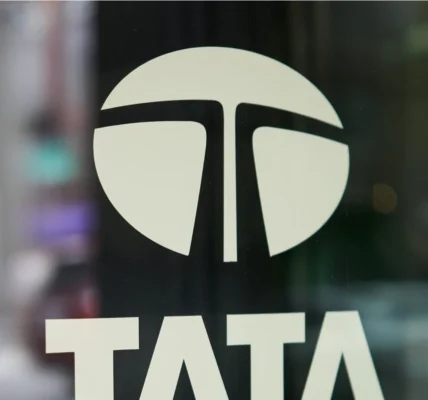The Ministry of Road Transport and Highways has greenlighted the use of E20 – a blend of 20% ethanol and 80% gasoline – as an automotive fuel.
Mass emission standards for the use of E20 have also been notified in the Central Motor Vehicles (Fourth Amendment) Rules, 2021, which came into force on March 8, 2021.
In December 2020, MoRTH had sought public comments on adopting E20 as an automotive fuel and adopting its mass emission standards.
The fuel is a blend of 20% ethanol with gasoline and is used in E20-compliant vehicles. It is effective in reducing carbon dioxide and hydrocarbon emissions. The fuel will help India reduce its oil imports while boosting energy security.
According to the notification, the vehicle’s compatibility with the ethanol blend of E20 or E85 or E100 must be defined by the vehicle manufacturer and displayed on the vehicle on a visible sticker. The same will apply to ethanol blend ED95.
According to the notification, Hydrogen-enriched Compressed Natural Gas (H-CNG) under ‘IS 17314:2019’ specifications can be used as an automotive fuel. It says that certain CNG engines were tested to assess emission reduction using H-CNG compared to ‘neat’ CNG.
E20 fuel – an admixture of anhydrous ethanol and gasoline – as fuel for spark-ignited engine-powered vehicles must fall under the IS 17021: 2018 specification.
In January this year, The Department of Food & Public Distribution (DoFPD) had announced that it would extend financial assistance to project proponents to enhance their ethanol distillation capacity. The move is in line with India’s policy to achieve 20% blending with crude oil by 2025.
Financial assistance will be provided to set up distilleries to produce 1st Generation (1G) ethanol from feedstocks such as cereals (rice, wheat, barley, corn, and sorghum), sugarcane, and sugar beet. Assistance will also be provided for the conversion of molasses-based distilleries to dual feedstock.







